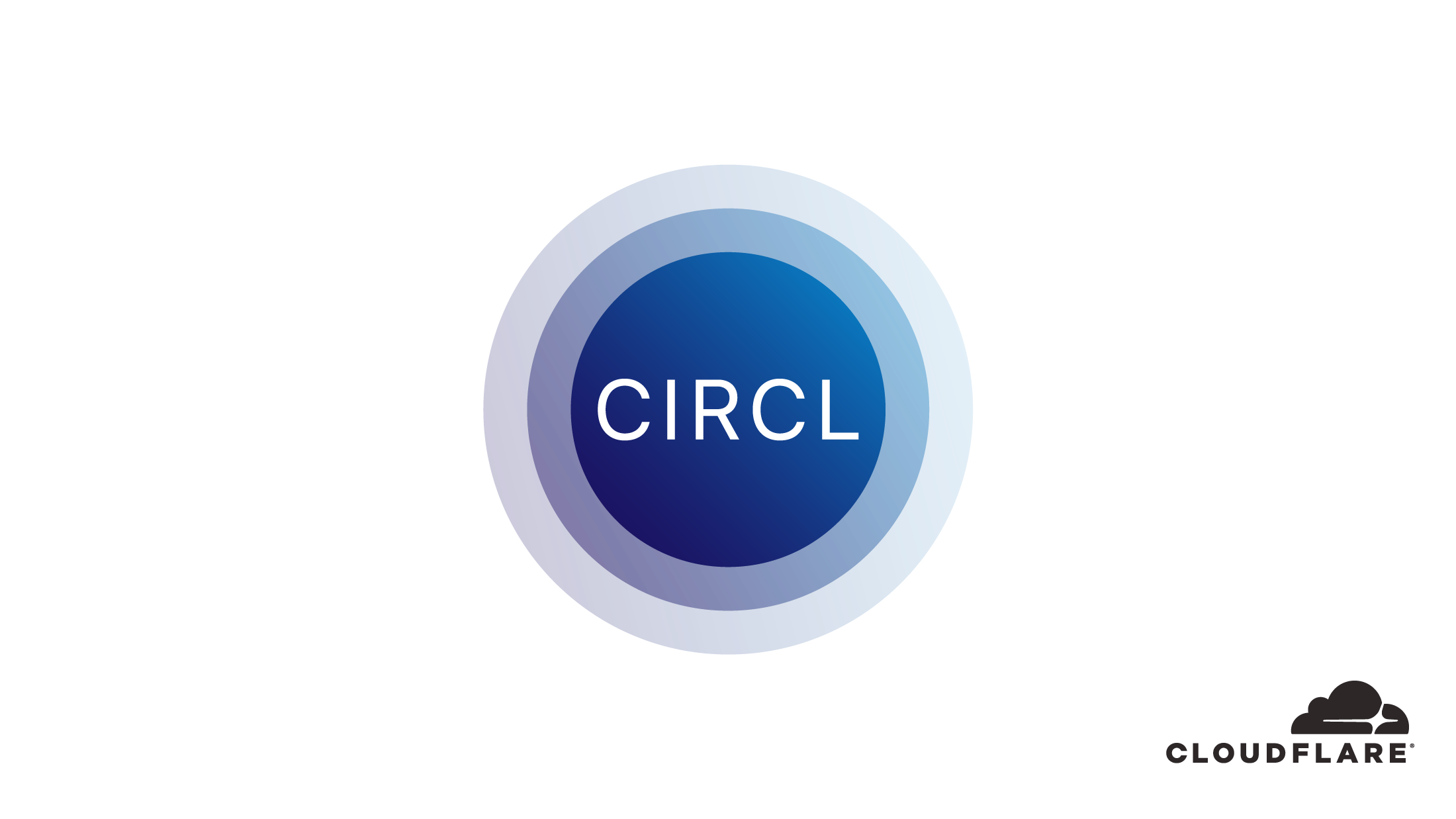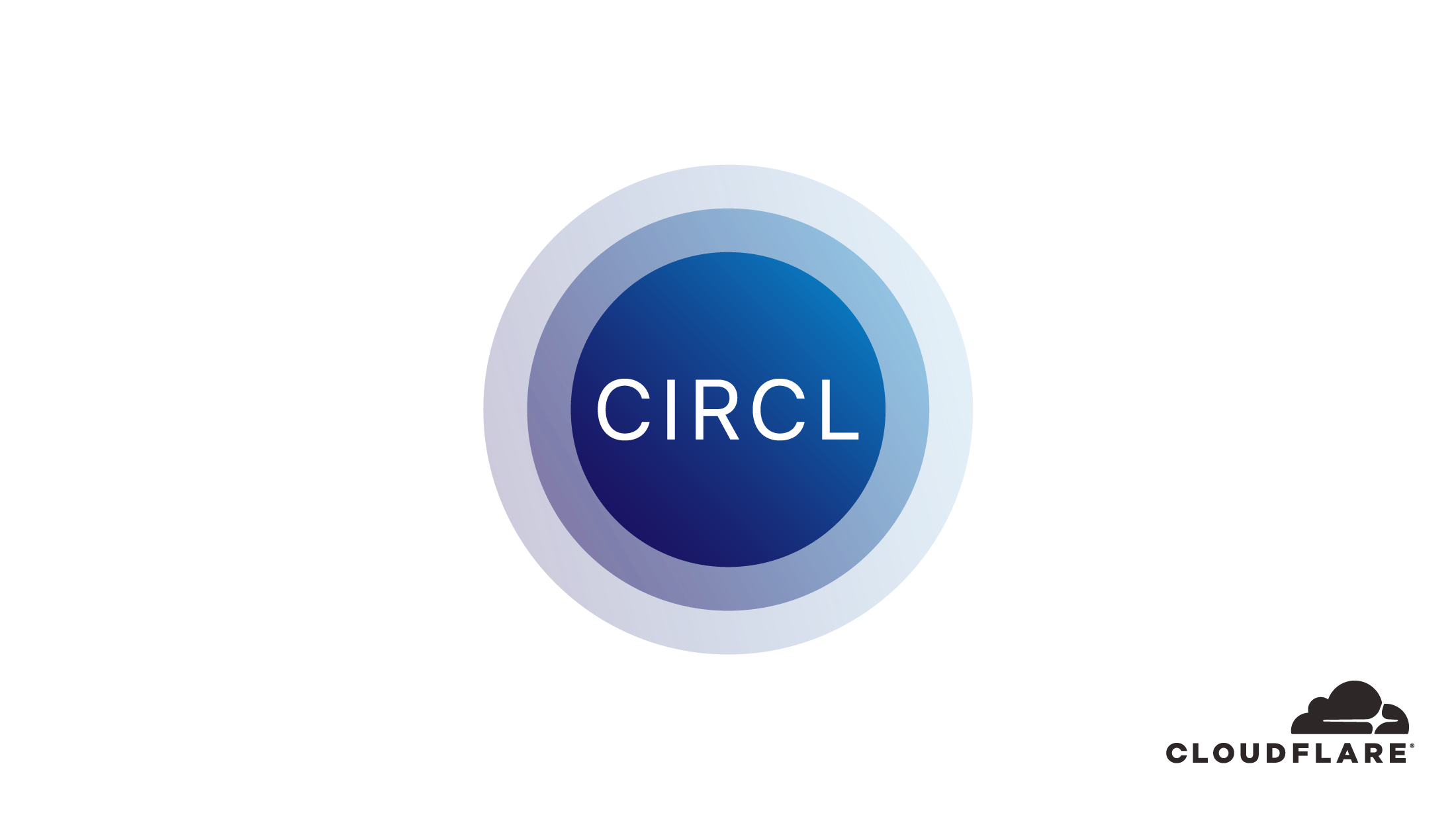Disposable $100 IoT satellites could swarm Earth’s orbit
Tiny cheap satellites, self-organizing and communicating as a group, could shift the internet of things (IoT) to space. The postage-stamp-sized devices, acting as sensors, just like the ones we see in traditional IoT networks could perform tasks such as mapping or studying Earth, say scientists involved in a recent successful launch of the disposable nanosatellites.The test satellites, essentially just sensors, were deployed in a batch in March. They captured data, communicated with one another, and then after a couple of days in orbit, as was planned, burned up as they reentered the atmosphere.[ IoT in the enterprise: Download a PDF bundle of five essential articles about IoT in the enterprise ] “This is like the PC revolution for space,” says Zac Manchester, an assistant professor at Stanford University, in an article on the school’s website. Manchester invented the ChipSats 10 years ago. It has taken until now, and after a failed attempt in 2014, to get the constellation operational—if just for those few days.To read this article in full, please click here





